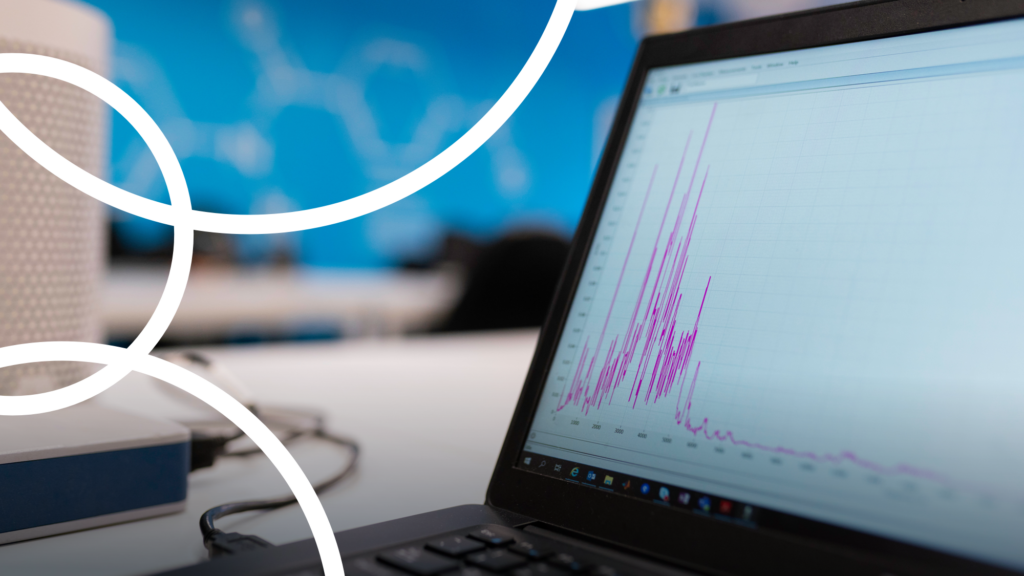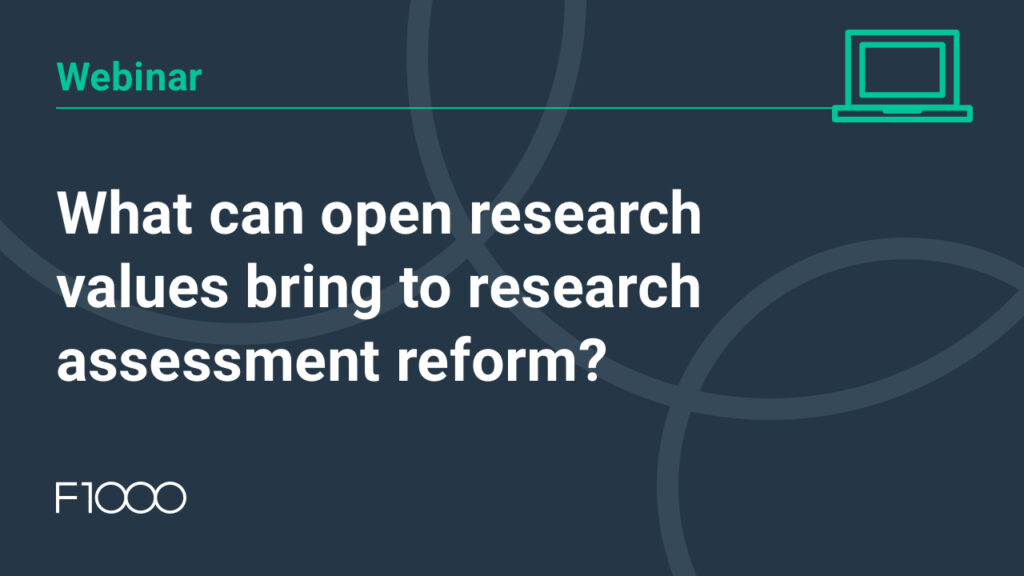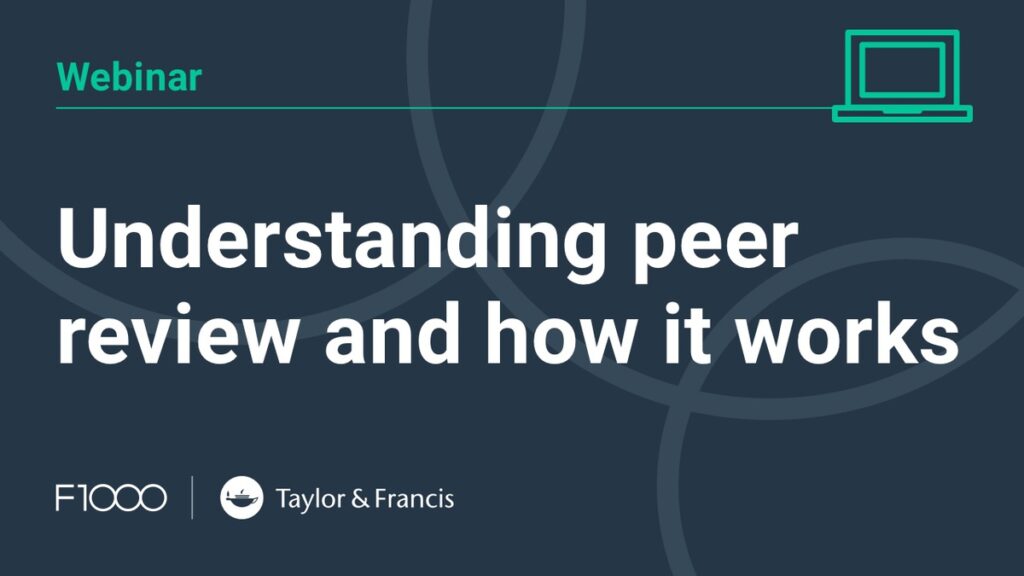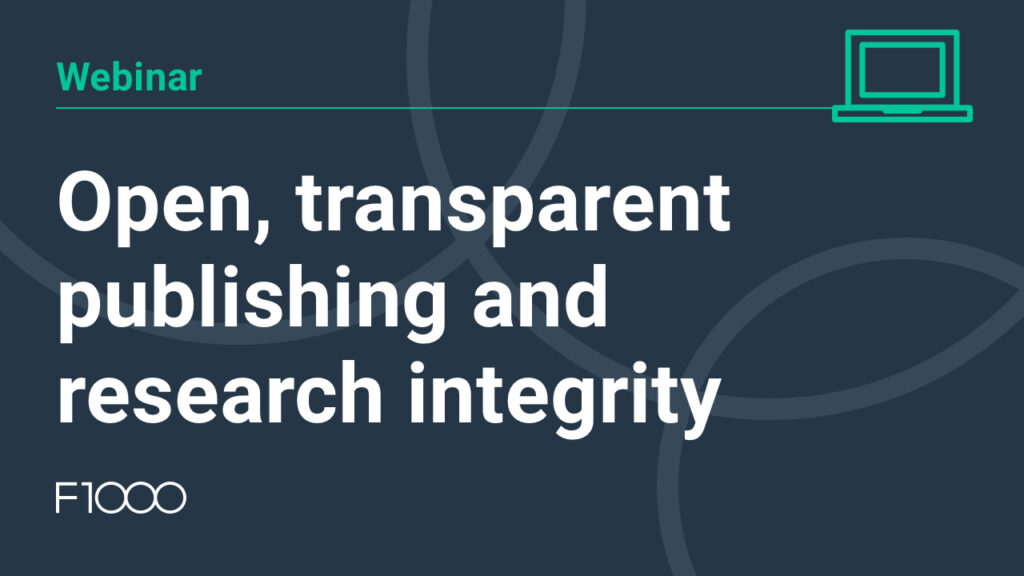Resources for Researchers brings together free guidance and training to demystify every aspect of open research.
Open to all researchers across all disciplines, Resources for Researchers supports F1000’s broader ambition to foster a culture of innovation and openness in research.
Want to learn how to publish all your research outputs openly? Not sure how to get started with open data? Or are you looking to make a greater impact with your research?
Whether you’re a STEM or HSS researcher, in academia or industry, just starting your career, or an experienced professional, here you’ll find everything you need to know to prioritize openness, reproducibility, and research rigor.
SIGN UP TO OUR MAILING LIST
Get the latest open research resources
Fill in the form below to hear about upcoming webinars, exclusive content, and new resources from F1000.
What is open research?
Open research is a set of principles and practices that prioritize openness, transparency, and collaboration across the entire research cycle. Advocates of open research believe that all research outputs should be freely available and reusable to support reproducibility and equal access to knowledge.
Open access
Open access is a publishing model that provides immediate, permanent, and free access to scholarly research published online so that anyone, anywhere can read and build upon the research.
Learn more about open accessOpen data
Open data is data that is available for everyone to access, use, and share. For researchers, this refers to any information or materials that have been collected or created as part of your research project.
Learn more about open dataOpen peer review
Open peer review is the term used to describe any peer review model where aspects of research evaluation are publicly available. Some of the most common hallmarks of open peer review include open identities, open reports, and open participation.
Learn more about open peer reviewOpen source software and code
Open source software is publicly available under an open access license that allows other researchers to freely access, reuse, modify, and redistribute your research software and its source code.
Learn more about open source softwareReproducibility
Reproducibility is the degree to which the results of an experiment can be reproduced by different researchers, at different locations, with different instruments.
Find out more about reproducibilityResearch impact
Research impact is a demonstrable contribution that research makes to the world. There are many kinds of research impacts, including social, policy, cultural, and attitudinal, to name a few.
Find out more about research impactOpen policies and mandates
Open access mandates are policies, adopted by research institutions, funders, and governments, that require researchers to make their research openly available. Researchers may comply by uploading their articles to a repository or publishing in an open access publication.
Find out more about policies and mandatesWhere to publish your research
Choosing where to publish your research is an important decision. Our publishing venues offer rapid publication of many research outputs, so you can get credit for every part of your research project.
How to publish your research
Are you planning to submit your research to an F1000 publishing venue? See what you can expect from our innovative publishing model and learn how to ensure your article is accepted without delay.
Explore our blogs for more open research insights



See our recent webinars for practical guidance and support

In this webinar, our expert speakers discuss the requirements of research assessment today and the opportunities particularly presented by open research publishing to help to support greater inclusivity and responsible…

In this session, peer review experts Diana Marshall (Head of Reviewer Programmes, Taylor & Francis) and Lewis Willer (Senior Editorial Assistant, F1000) give an overview of the different types of…

In this webinar, the F1000 peer review and editorial team discusses how open research can help uphold research integrity through ethics policies, robust, open data requirements, and open, post-publication peer…
